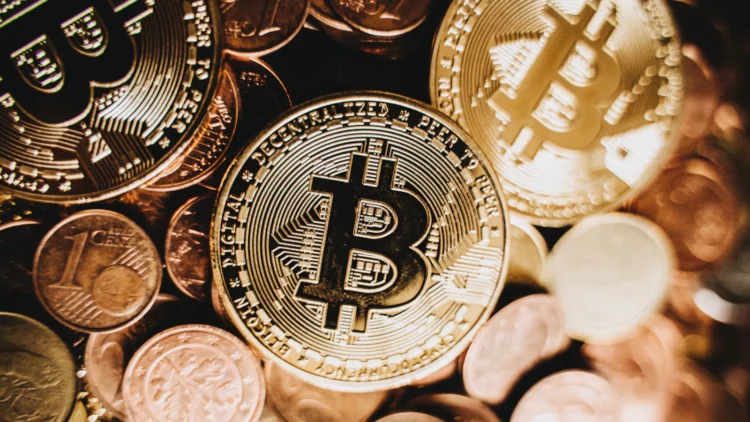Cryptocurrency losses resulting from hacks and scams fell by $452m in the first quarter of 2023, De.Fi, an antivirus and app provider firm, has disclosed.
In its latest report, titled ‘Report: $452m Lost in Crypto in Q1 2023. New Trends of Hacks and Scams’, the firm stated that this was a 65.23 per cent decline from the $1.3bn recorded in the corresponding period in the prior year.
The report stated that crypto losses mounted to a nine-figure amount in March, for the second in a row. It said $215m was lost in March alone.
The firm noted, “Out of the $452m lost in Q1, a total of $215m was lost in just the first 20 days of March, underscoring the rapid pace at which scammers have been operating in recent weeks.
“While these losses are staggering, they also mark a decrease as compared to the same period in 2022, wherein Q1 saw $1.3bn lost.”
It explained that the biggest losses in Q1 were due to flash loan issues, which had been on the rise in recent months, with over $200m lost through the channel.
The firm, which claimed to maintain the largest database of hacks, scams, and exploits in the crypto verse, stated that the Ethereum chain was where the highest losses were recorded in the quarter.
In terms of recovery, “$130m was recovered in Q1 this year, marking a recovery rate of 28.7 per cent.”
In the corresponding period of 2022, $520m, 40 per cent of funds, was recovered. Scammers leveraged new tokens to lure unsuspecting crypto investors in Q1.
The firm stated, “In terms of attack vectors, tokens proved to be the most popular targets this year so far — this is unsurprising given that tokens are easy to deploy, and prey on the fear of missing out experienced by many new crypto investors.
“This is especially true with the market comeback in recent days. In terms of amounts lost, though, lending and borrowing protocols took the prize, it was driven by a small number of high profile events — Euler Finance and BonqDAO.”
Investors on crypto platforms that lost the most include Euler ($196m), BonqDAO ($120m), CoinDeal ($45m), Monkey Drainer ($16.5m), and Platypus Finance ($8.5m).
De.Fi concluded by noting that the significant surge in financial losses in Q1 underscored the need for heightened risk management and vigilance when investing in the decentralised finance sector on the part of investors.
“It is crucial for investors to educate themselves on potential dangers and implement appropriate measures to protect their investments,” it added.
Crypto scams have been on a rise in recent times as the adoption of crypto continues to grow in many countries. Nigerians are one of the largest users of crypto and are not isolated from these scams.
According to a report by Finder.com, 27 per cent of Nigerian Internet users own cryptocurrency assets.
A recent report by Chainalysis disclosed that 24 per cent of tokens created in 2022 were scams. Most of these scams were created on a pump-and-dump principle, adding that the creators would hype and promote these tokens (crypto assets) to other investors, leading to a price increase as new investors buy.
This would allow the creators to sell their overvalued shares at a profit, eventually leading to a price crash, and leaving new investors stuck with low-value assets, the report stated.
According to Chainalysis, investors spent $4.6bn on this scam last year.























